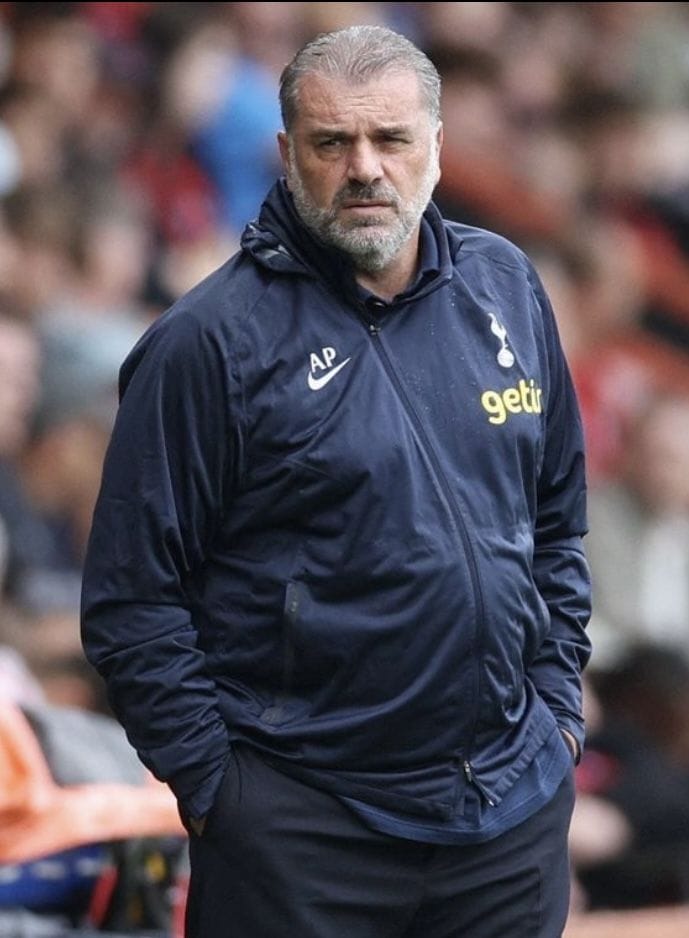Nottingham Forest and the Postecoglou Rumour: Football, Identity, and the Business of Change
In modern football, rumours move as quickly as goals on a highlight reel. One of the latest whispers making its way across fan circles is the suggestion that Nottingham Forest could be considering Ange Postecoglou as a future managerial appointment. While there is little evidence to substantiate the claim today, the speculation itself reveals much about how football functions as both a cultural and commercial enterprise.
Nottingham Forest is a club with a history that stretches back to European glory under Brian Clough, yet its present is defined by the struggle to balance tradition with survival in the Premier League. The manager’s role in such a context is never secure; results dictate longevity, and loyalty often lasts only as long as the scoreboard favours it. With Nuno Espírito Santo facing pressure after inconsistent performances, conversations about potential successors are inevitable.

Enter Ange Postecoglou. The Australian coach, who most recently left Tottenham Hotspur in the summer of 2025, carries with him a reputation as a moderniser—an advocate of attacking football, tactical discipline, and an insistence on belief in his players. His success at Celtic, where he revitalised the squad and won multiple trophies, turned him into a household name in Europe. His mixed yet memorable spell at Spurs further reinforced his ability to lead teams in the most competitive environments.
For Forest, the appeal of Postecoglou would be obvious. His emphasis on high-tempo pressing and collective responsibility could resonate with a club eager to shed the image of relegation battles and instead carve out an identity as an established Premier League side. Yet, whether such an appointment is realistic is another matter entirely. Financial constraints, squad compatibility, and the sheer ambition of such a move make it unlikely in the short term.
Nevertheless, the conversation illustrates a broader truth about football in the twenty-first century: managers, like players, are commodities within a global market. Rumours about their movement are less about accuracy and more about the hopes and anxieties of fans. To speculate about Postecoglou at Nottingham Forest is, in part, to express the longing for stability, ambition, and a return to the glory days that the City Ground faithful still hold dear.
Whether he ever steps into the Forest dugout may not be the point. What matters is that the very idea captures the imagination, reminding us that football is not only about results but also about stories, dreams, and the constant search for the next chapter.













